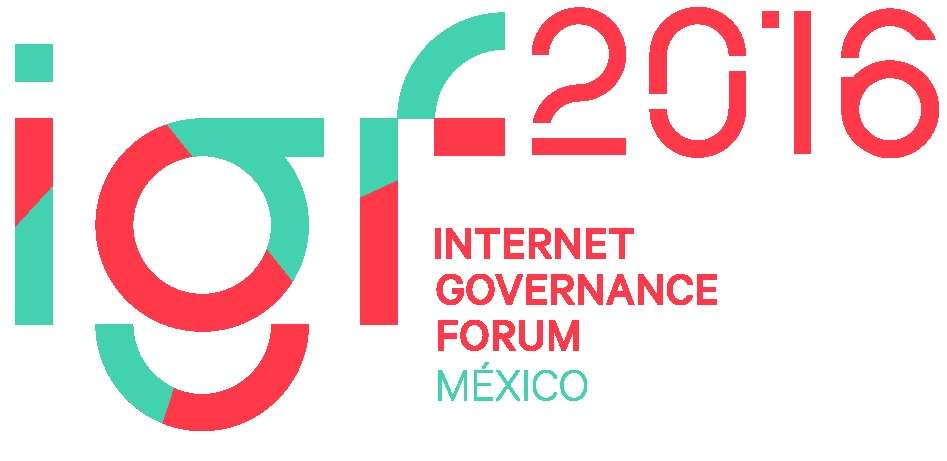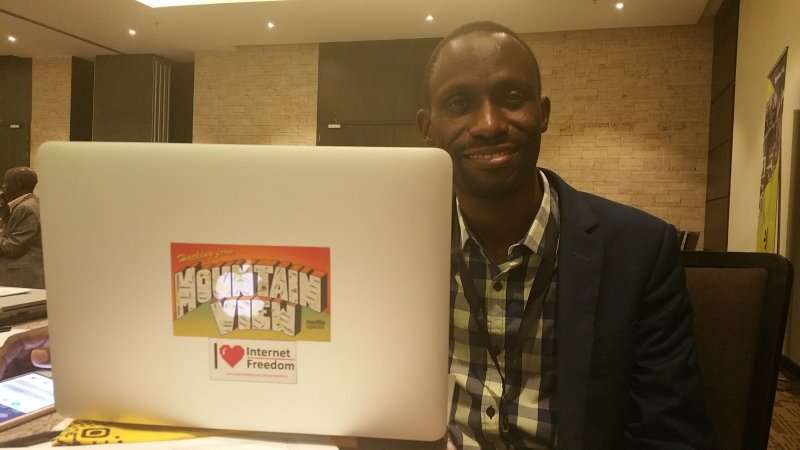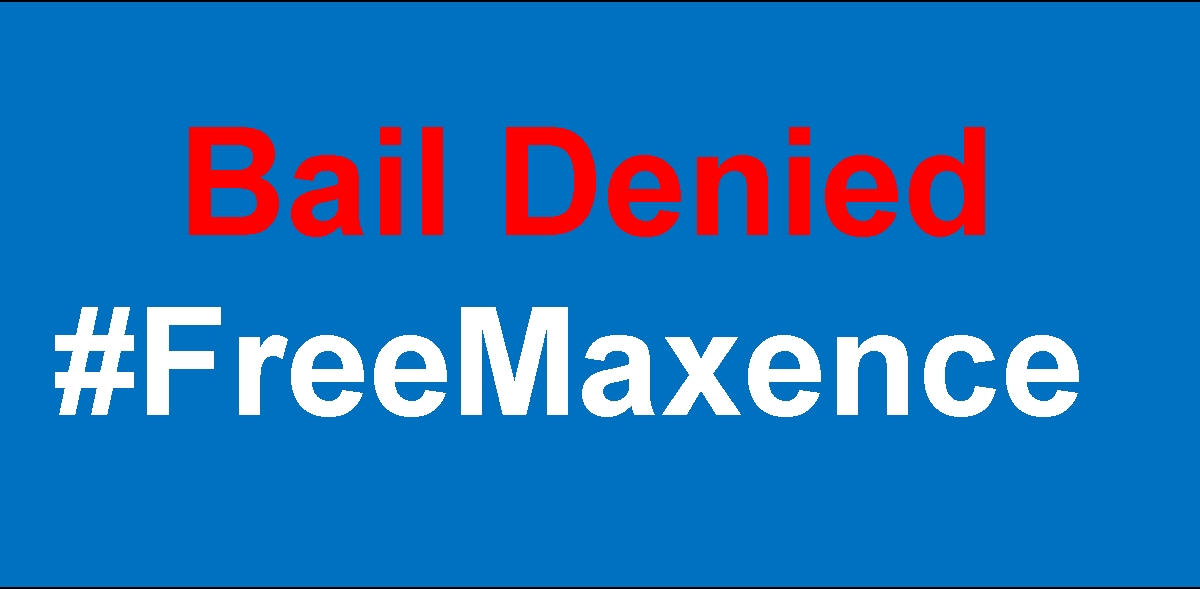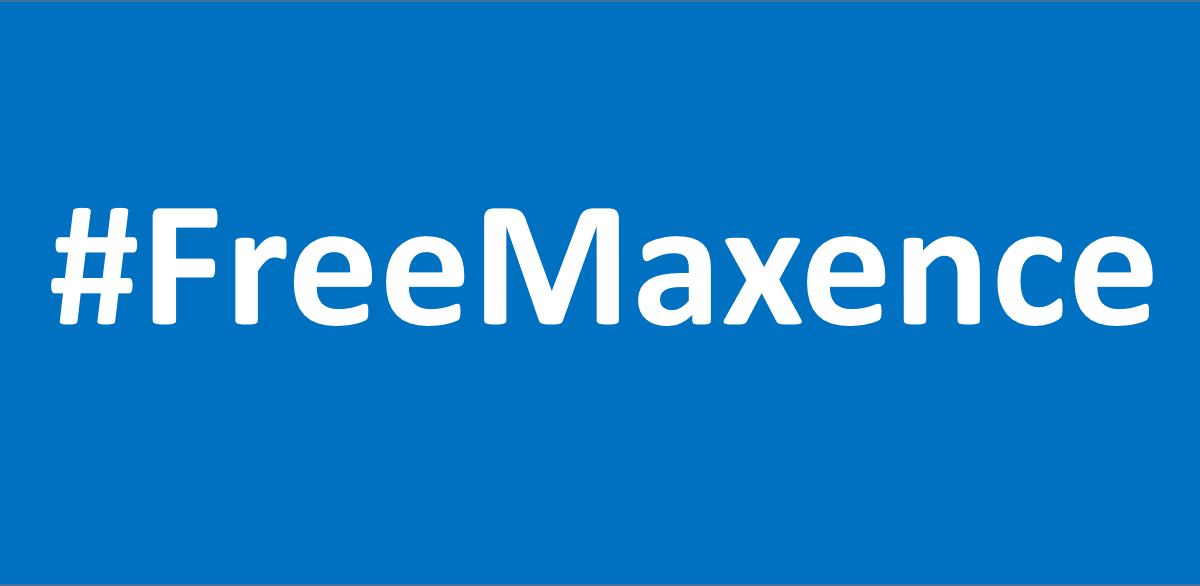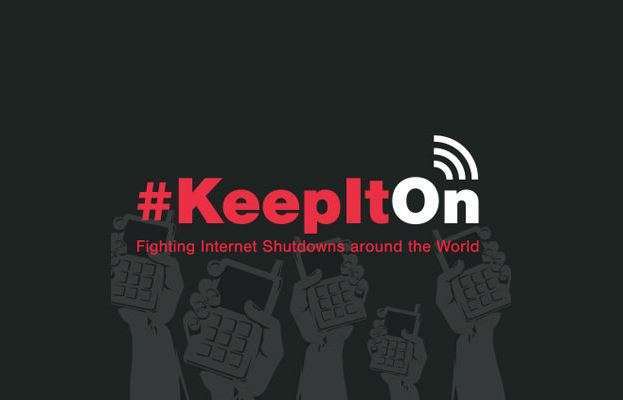By Ashnah Kalemera |
What is the value for Africans in international Internet Governance processes if the approach towards Internet governance on the continent has not fully embraced the multi-stakeholder model? This was among the concerns heard during debates at the 11th Internet Governance Forum (IGF), as some participants questioned the applicability of the global internet governance agenda to Africa.
At a global level, the IGF, an initiative of the United Nations, discusses public policy issues related to the internet. The annual gathering drives best practices and common understanding of how to maximise internet opportunities and address the risks and challenges it faces. At the core of the IGF is the multi-stakeholder approach which aims to bring together individuals, groups or organisations with a stake in the internet to cooperate in advancing policy and practice for its development globally.
This approach is said to be “optimal” in ensuring government, business, civil society and the technical community take part in making policy decisions for the internet that are accountable, sustainable and effective.
Why the multi-stakeholder approach?
Internet Governance: Why the Multi-stakeholder Approach Works (Internet Society) |
National and regional IGF initiatives (NRI) are similarly conducted to address community needs and involve multiple stakeholders. However, few African stakeholders participate at the global IGF and NRIs, rendering the principles of multi-stakeholderism difficult to achieve.
More than 2,000 participants from 123 countries attended the 2016 IGF held in Mexico. By stakeholder group, civil society constituted the majority (44.5%). Government representation was 20.5% and private sector was 15.5%. By region, Africa had the second lowest regional representation– 6.7%, beating only Eastern Europe from which 2.5% of participants originated.
There are up to 16 national, sub-regional and regional IGFs in Africa. Of the African countries that hosted forums during 2016, most were civil society led with some support from government reported – for instance in Ghana, Nigeria and Uganda. However, there was limited participation by the judiciary and law enforcement, youth and the private sector.
Organisers of the Africa Internet Governance Forum (AIGF) and national forums say there is a challenge of multi-stakeholder participation at gatherings on the continent due to lack of political will and limited knowledge and awareness of internet governance issues, among other reasons.
Organisers of the regional AIGF also reported limited representation by policy makers and other government officials. Private sector and youth were reportedly underrepresented at the fifth AIGF held in Durban, South Africa, last October.
According to Olusegun Olugbile who sits on the technical committee of the AIGF and the Nigeria national forum, limited stakeholder participation in national and regional internet governance forums was due to a lack of trust and confidence in the dialogue and ensuing outcomes.
Speaking at the African Union (AU) session at the IGF, Olugbile stated that bringing more stakeholders to the table on internet governance in Africa requires “embracing” policy documents from the continent, such as the African Union Convention on Cyber Security and the African Declaration on Internet Rights – less so international instruments – so as to ensure contextual understanding of key concerns. This would contribute to a demonstration of value in participation for the stakeholders currently not participating. Furthermore, it would ensure that agendas for debate are localised to suit African needs and follow ups on recommendations are directly linked to the mandate of the relevant stakeholders.
Whereas discussants at the Africa themed sessions also called for more public-private partnership efforts in pursuing the principles of internet governance in Africa, regional bodies such as the AU were also called upon not only to convey outcomes to governments but to actively advocate and “push” for the implementation of recommendations from the AIGF among member states.
Meanwhile, the Africa School of Internet Governance (AfriSIG), which started in 2013 was commended for its role in bridging the internet governance knowledge and skills gap on the continent. To-date, the school has graduated over 150 individuals from government, the private sector and civil society across Africa in the principles and procedures of internet governance. Continued capacity building efforts by the school and other practitioners were recommended.
The 2016 IGF was convened under the theme ‘Enabling Inclusive and Sustainable Growth” from December 6–9, 2016 in Jalisco, Mexico.

